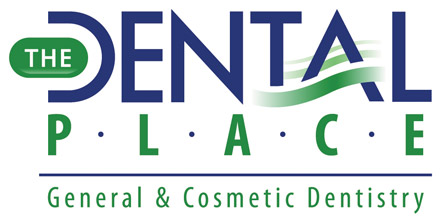Patients who unknowingly grind or clench their teeth—a condition known as bruxism—often come to their Grand Prairie dental office with complaints of symptoms like headaches and unexplained tooth wear. Some patients may be unaware of the habit, while others are tipped off by spouses or partners whose sleep is routinely disrupted by the noise.
If you suspect that you are grinding or clenching your teeth at night, your dentist can intervene in a number of ways.
One particularly effective technique entails wearing a mouthguard while you sleep. This reduces the likelihood of grinding or clenching the teeth.
If you suspect that you are grinding or clenching your teeth at night, your dentist can intervene in a number of ways.
Although you can buy mouthguards over-the-counter, the devices prescribed by your dentist are much more effective. They’re custom-designed to fit the unique structures of your mouth, unlike the boil-and-bite varieties sold in the local retail outlet.
If a mouthguard fails to prevent bruxism, your dentist may recommend a splint instead. Splints are made of a harder plastic than mouthguards, and they hold the jaw in a proper position.
Other strategies can complement mouthguards and splints in reducing teeth grinding. Stress is often the culprit in bruxism, or at least a contributing factor, so relaxation techniques may be quite effective in addressing the issue. Even simple adjustments to your daily routine, like avoiding stimulants (think caffeine and smoking) before bed, can be helpful.
When bruxism is caused by a misalignment of the teeth, fixing that issue may also resolve the teeth grinding or clenching.
Applying ice or heat to sore jaw muscles can provide some relief for the symptoms of teeth grinding, as can over-the-counter painkillers.
Although bruxism rarely causes major problems, it’s a nuisance at best. At worst, it can lead to serious conditions like TMJ disorders. Patients who have noticed any potential signs of bruxism should schedule an evaluation with their dentist to determine if any further treatment is necessary.
